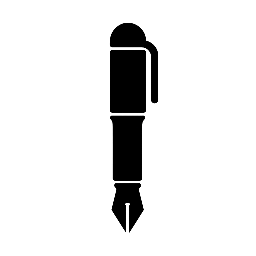1. What is Java?
Java is a high-level, object-oriented, platform-independent programming language developed by Sun
Microsystems.
2. What are the features of Java?
Object-Oriented
Platform Independent (via JVM)
Secure and Robust
Multithreaded
Architecture Neutral
High Performance (via JIT compiler)
3. What is the difference between JDK, JRE, and JVM?
JDK: Java Development Kit – tools to develop and compile Java code.
JRE: Java Runtime Environment – environment to run Java applications.
JVM: Java Virtual Machine – executes bytecode on different machines.
4. What are data types in Java?
Primitive: int, byte, short, long, float, double, char, boolean
Non-Primitive: Arrays, Classes, Interfaces, Strings
5. What is the difference between == and .equals() in Java?
== compares object references.
.equals() compares actual values of objects.
6. What is a constructor in Java?
A constructor is a special method used to initialize objects. It has the same name as the class and no
return type.
7. What is the difference between method overloading and overriding?
Overloading: Same method name, different parameters (within same class).
Overriding: Same method name and parameters (in child class).
8. What are access modifiers in Java?
public: Accessible from everywhere.
private: Accessible only within the class.
protected: Accessible within package and subclasses.
default (no modifier): Accessible within package only.
9. What is the difference between ArrayList and LinkedList?
ArrayList: Faster for read operations, uses index.
LinkedList: Faster for insert/delete operations.
10. What is an interface in Java?
An interface is a reference type that contains only abstract methods (before Java 8). Used for
abstraction and multiple inheritance.
Would you like to discuss this project or get it done?
Reach out on WHATSapp at +1 (240) 389-5520
Or
Place an order on our website for quick help
Guarantees
A+ Paper
Timely Delivery
Zero Plagiarism
Zero AI


Leave a Reply